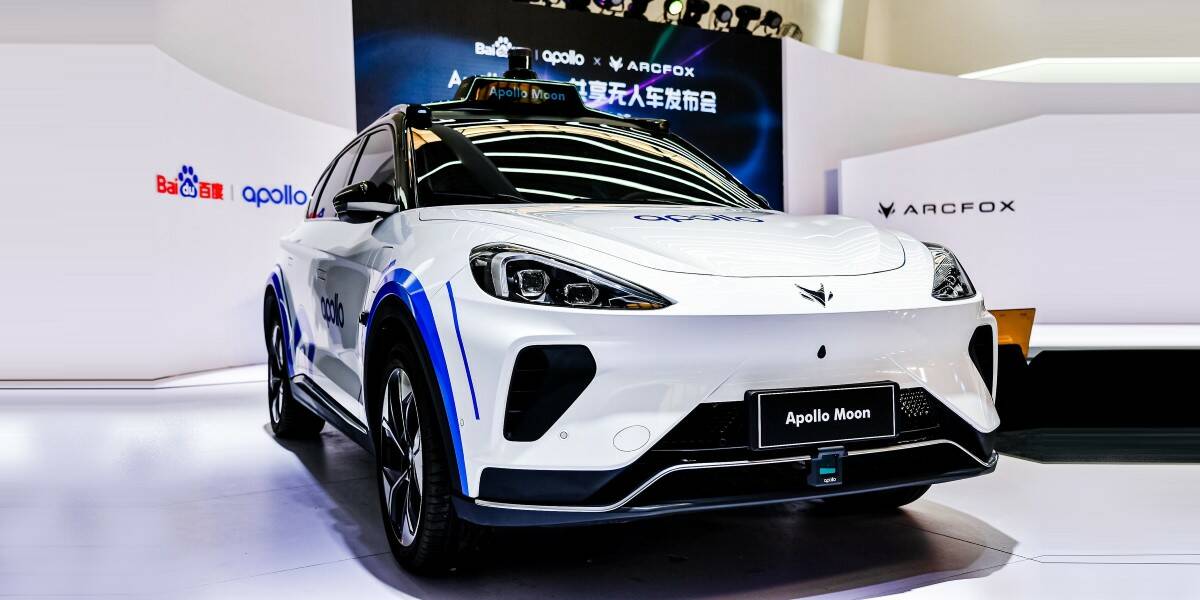
"Chinese web giant Baidu is already breaking even with robotaxi operations in China and is confident they will be profitable once the company rolls into global markets. On the company's Q2 2025 earnings call, CEO Yanhong Li responded to a financial analyst's question about the path to profitability for robot taxis. He responded by pointing out that Baidu's robot cars are the lowest-cost vehicles capable of level four autonomy (driverless operation in pre-defined areas), adding that the company's robotaxi operations in the Chinese city of Wuhan have broken even - despite cab fares there typically being 30 percent below fares charged in other Chinese citeis, which in turn are lower than fares charged in many places around the world."
"Yanhong said that in July, "AI contributed to generating over 45 percent of our new code with our developers providing oversight and approval." That arrangement "has significantly boosted our engineering productivity and meaningfully enhanced our internal R&D efficiency," he said. AI has also helped to deliver a hit product, in the form "digital human technology" that Baidu offers as a means to create hosts for line infomercials. Yanhong said the models Baidu uses to power digital humans are "just better at convincing people to buy.""
""For us, expanding overseas means going from low fare markets to high fare markets. Often with fares several times higher," he said. "Our huge cost advantage can deliver much stronger unit economics in most major cities worldwide." Baidu is on its way to those cities, having struck a deal with Lyft to operate across Europe and another with Uber in the Middle East and Asia."
Baidu reports robotaxi operations in Wuhan have reached break-even despite local fares being about 30 percent lower than in other Chinese cities. The company asserts its robot cars are the lowest-cost vehicles capable of level-four autonomy, which supports unit economics. Overseas expansion targets higher-fare markets and partnerships with Lyft and Uber across Europe, the Middle East and Asia aim to amplify profitability. AI contributed to over 45 percent of new code generation in July, with developer oversight improving engineering productivity and R&D efficiency. AI also enabled a successful "digital human" product used for infomercial hosts. Datacenter work may aid AI search monetization efforts.
Read at Theregister
Unable to calculate read time
Collection
[
|
...
]